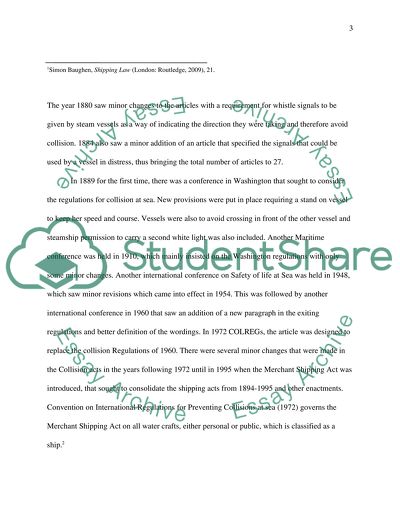Cite this document
(“LLM DEGREE MARITIME LAW COLLISION SCENARIO Essay”, n.d.)
LLM DEGREE MARITIME LAW COLLISION SCENARIO Essay. Retrieved from https://studentshare.org/law/1474341-llm-degree-maritime-law-collision-scenario
LLM DEGREE MARITIME LAW COLLISION SCENARIO Essay. Retrieved from https://studentshare.org/law/1474341-llm-degree-maritime-law-collision-scenario
(LLM DEGREE MARITIME LAW COLLISION SCENARIO Essay)
LLM DEGREE MARITIME LAW COLLISION SCENARIO Essay. https://studentshare.org/law/1474341-llm-degree-maritime-law-collision-scenario.
LLM DEGREE MARITIME LAW COLLISION SCENARIO Essay. https://studentshare.org/law/1474341-llm-degree-maritime-law-collision-scenario.
“LLM DEGREE MARITIME LAW COLLISION SCENARIO Essay”, n.d. https://studentshare.org/law/1474341-llm-degree-maritime-law-collision-scenario.


